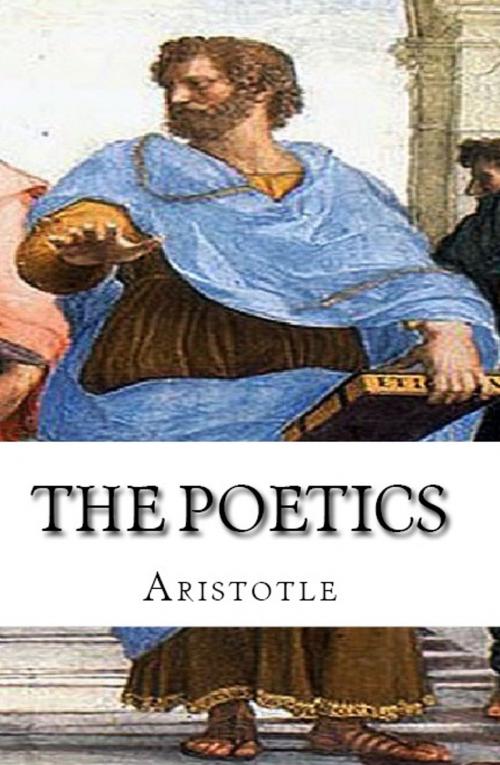| Author: | Aristotle | ISBN: | 1230000260059 |
| Publisher: | Serapis | Publication: | August 13, 2014 |
| Imprint: | Language: | English |
| Author: | Aristotle |
| ISBN: | 1230000260059 |
| Publisher: | Serapis |
| Publication: | August 13, 2014 |
| Imprint: | |
| Language: | English |
Tragedy, Aristotle states, seeks to imitate the matters of superior people, while comedy seeks to imitate the matters of inferior people. To Aristotle, the most important constituent of tragedy is plot, and successful plots require that the sequence of events be necessary (required to happen to advance the story logically and rationally) and probable (likely to happen given the circumstances). Any plot that does not feature such a necessary and probable sequence of events is deemed faulty. Reversals and recognitions are plot devices by which tragedy sways emotions, particularly those that induce "pity and fear," as is astonishment, which is the effect produced when the unexpected happens. Aristotle discusses the best kinds of tragic plots, the kinds of characters that are required, and how their fortunes should change over the course of the plot for optimum tragic effect.
Tragedy, Aristotle states, seeks to imitate the matters of superior people, while comedy seeks to imitate the matters of inferior people. To Aristotle, the most important constituent of tragedy is plot, and successful plots require that the sequence of events be necessary (required to happen to advance the story logically and rationally) and probable (likely to happen given the circumstances). Any plot that does not feature such a necessary and probable sequence of events is deemed faulty. Reversals and recognitions are plot devices by which tragedy sways emotions, particularly those that induce "pity and fear," as is astonishment, which is the effect produced when the unexpected happens. Aristotle discusses the best kinds of tragic plots, the kinds of characters that are required, and how their fortunes should change over the course of the plot for optimum tragic effect.















